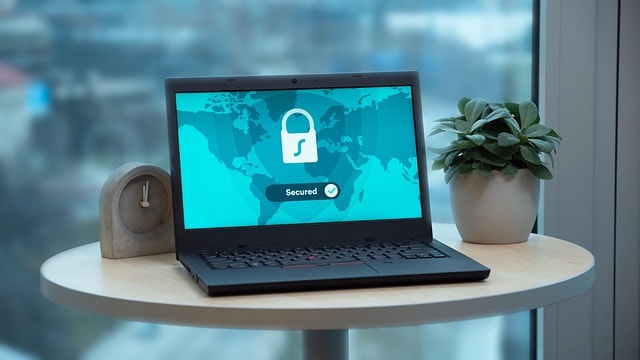
Blockchain Explained
Trying to understand blockchain is a genuinely difficult task when explanations are almost never clear and available. You might have come across this definition in your search: “blockchain is a distributed, decentralized, public ledger”. These words might make sense on its own, but what does it even mean put together?
The analogies are endless; fire insurance for your home but instead it’s the government and economy that’s on fire, getting an exclusive key to a glass box, trading chips for cash in a casino. Most of these definitions are limited to the realms of cryptocurrency (which is equally as painful to understand) and uses unfamiliar points to people outside the blockchain circle.
Perhaps one can find the simplest definition for blockchain in its name. ‘Block’ refers to digital information stored within a public database which is the ‘chain’. The blocks store information about transactions (the date, time, amount, who is participating). Then, a code called ‘hash’ makes each block distinct. From a broad perspective, blockchain records and shares digital information without editing it. Presently, with all data connecting to a focal point, this is something new.
But what does this mean for us?
The possibilities are endless – here are seven applications of blockchain in the future:
1. Cross-border payments

Sending an international payment is a time-consuming and often costly process that can be made easier through blockchain. With transactions stored securely, once a party makes a payment available, the other party can access it immediately sans the middlemen, delays and additional fees.
2. Smart contracts
This is referred to as a ‘trustless’ system. If two parties come to an agreement, nobody has to trust the other to fulfill the deal. Here, the technology acts as an intermediary. This means no dining-and-dashing or skimming on child support payments because contracts will self-execute themselves.
3. Integration into government agencies
One possible application for blockchain can be in online voting systems, lately garnering criticism due to perceived hacking opportunities. By using a public ledger, secured with a key, governments can track each citizen’s vote. As a result, if you did not vote, nobody gets your vote.
4. Online identity management
Identity theft has rocketed with the saturation of personal information on the internet. This can be resolved by providing individuals with an online identity kept on a record. Protected by a key, instead of copyable information like social security numbers, blockchain keeps private data private.
5. Supply chain management
Blockchain can increase the transparency and traceability of supply chain processes. Tracking a product through the supply chain from its origin to the customer provides many benefits. Doing so allows companies to effectively deter fraud, eliminate third-party intermediaries costing time and money and cater to specific needs for certain products.
6. Secure sharing of medical data
Every year, billions of healthcare transactions occur through fax leading to high costs and general ineffectiveness in time management and information loss. Here, blockchain can keep a record of every patient’s data in a singular and secure place with maximized efficiency.
7. Music, books and movies

The days of piracy may be over with blockchain. With the web, releasing one song online means reproducing and sharing another fifty copies globally. Blockchain signs off digital copies of music, books and movies to one purchaser preventing others from playing or duplicating the media without permission.
The Hype Behind Blockchain
Many experts say that since the internet, blockchain is the next biggest innovation. This new invention, younger than the first iPhone, has made a monumental impact on contemporary business and technology environments. With thousands of proof-of-concept tests carried out globally and investments from companies including Microsoft, Facebook and IBM, blockchain has the industry’s trust. Despite its potential advantages, it is yet to be mainstream due to the general public’s lack of familiarity and its status as a constantly evolving power. Regardless, slow and steady does win the race, and we can expect blockchain to be a dominant influence in leading the world into its future.
Read more:
